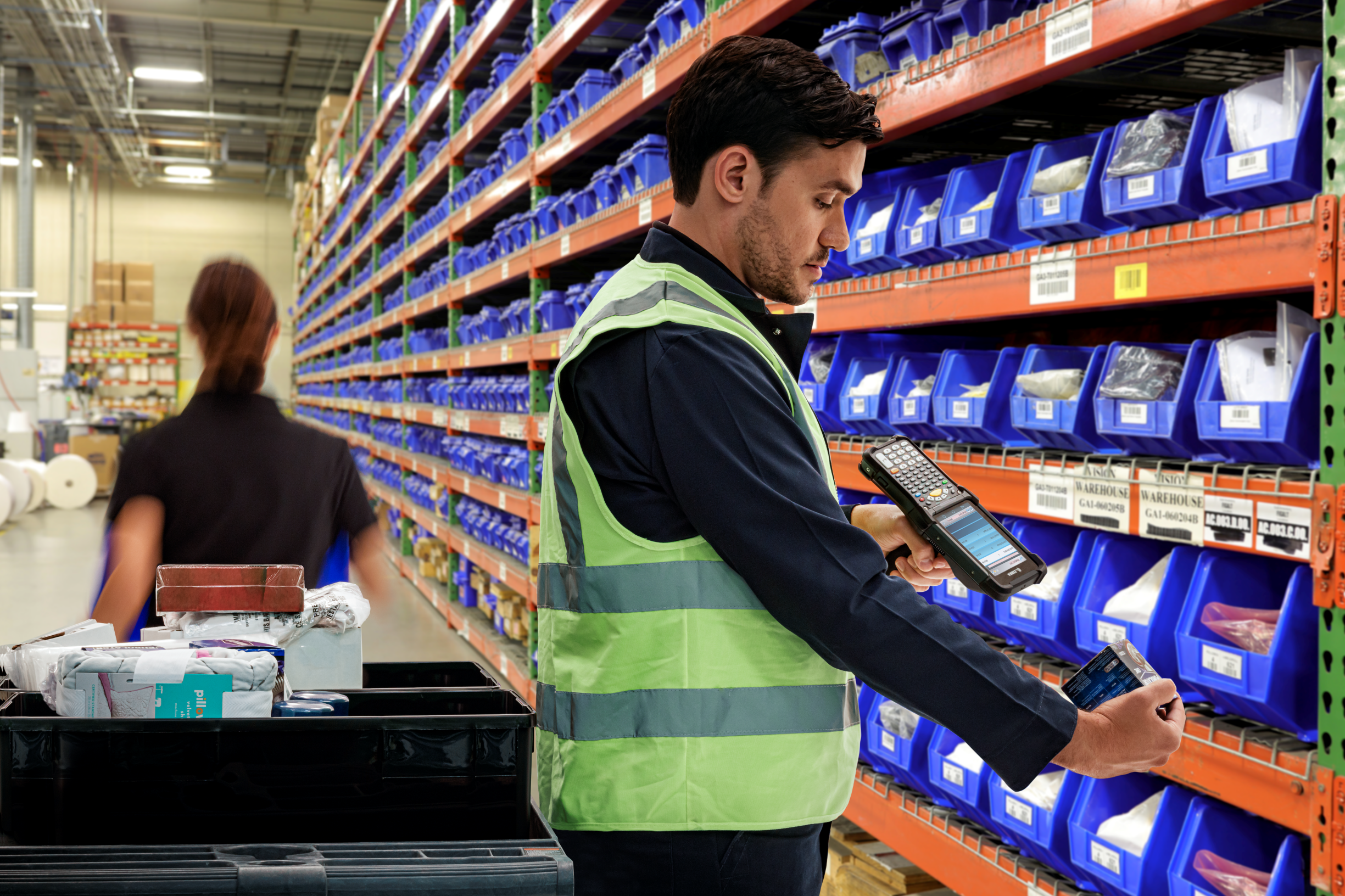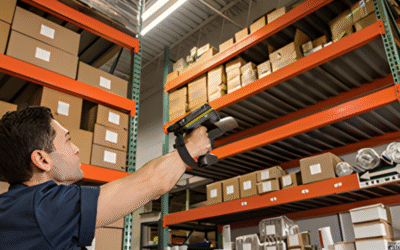A well-functioning supply chain is essential for any manufacturing business, and that requires a well-connected warehouse operation that offers visibility into materials, supplies, and products at all times. The integration of mobile computers and rugged tablets are one of the best ways to transform warehouse operations to help manufacturers keep pace with the challenges of today’s on-demand economy.
We’re not the only ones advocating for mobile devices as a way to transform manufacturing operations. Zebra recently released a study of more than 1,400 warehouse operations—including many manufacturers—revealing that outfitting warehouse operations with mobility tools is a significant area of focus for business leaders. These businesses are committed to transitioning away from legacy terminal emulation devices in favor of modern devices that utilize graphical user interfaces to improve the efficiency of a wide range of common processes.
In the Zebra study, nearly three-quarters of the organizations surveyed say they’re planning to modernize their warehouse applications by equipping workers with mobile devices. A big part of this movement is a shift to enterprise-level Android devices, with 83% of respondents reporting that they are currently using or planning to use the Android operating system in their warehouses by 2024.
The most immediate benefit that most manufacturers see when they deploy Zebra’s Android mobile devices is the elimination of inefficient and error-prone manual processes. It’s no exaggeration to say that every aspect of asset tracking speeds up considerably and accuracy improves significantly when workers have tools that allow them to easily collect and access essential data wherever their work takes them.
The modern all-touch interface that Android devices bring to enterprise applications is a key driver in performance improvement. And warehouse leaders’ expectations are high, with 43% of leaders surveyed expecting the devices to boost worker efficiency, and 39% reporting they believe the new devices with improve their workers’ ability to adapt to new workflows.
The ability to easily adapt devices to a wide range of applications is another key reason manufacturers are deploying modern mobile solutions. Whether you’re talking about materials management, receiving, picking, staging, or just about any application from the warehouse to the production line, the right mobile devices can make workflows more efficient and make your entire business more connected.
Perhaps the biggest benefit of a connected operation is enterprise-wide visibility. When you deploy mobile devices to collect data in real time, you immediately elevate your access to the information you need to make smarter decisions about everything from reordering raw materials to adjusting production to meet changes in market demand.
The benefits of improved visibility touch almost every area of manufacturers’ warehouse operations. In Zebra’s study, 92% of decision makers surveyed say they plan to use mobile devices to improve inventory tracking; 88% say they’ll use them to improve receiving; and 89% say they’ll equip workers with mobile devices to improve visibility into shipping applications.
A key factor in choosing the right mobile devices for manufacturing and warehouse applications is durability. It’s critical to understand the differences between consumer-grade devices that are often marketed as “rugged” and true enterprise-level rugged devices. Devices like Zebra’s rugged tablets are engineered to exceed the drop, water-resistance, and dust ratings used by consumer device manufacturers. They’re also built to deliver the speed, intelligence, and security needed for enterprise, industrial, and field use. You’ll also see the difference in critical areas such as wireless performance and in a much longer battery run-time.
MSM Solutions has the experience and expertise needed to help you transform your operations with mobile computers and rugged tablets. Contact us today for information about the ways we can help your business.


